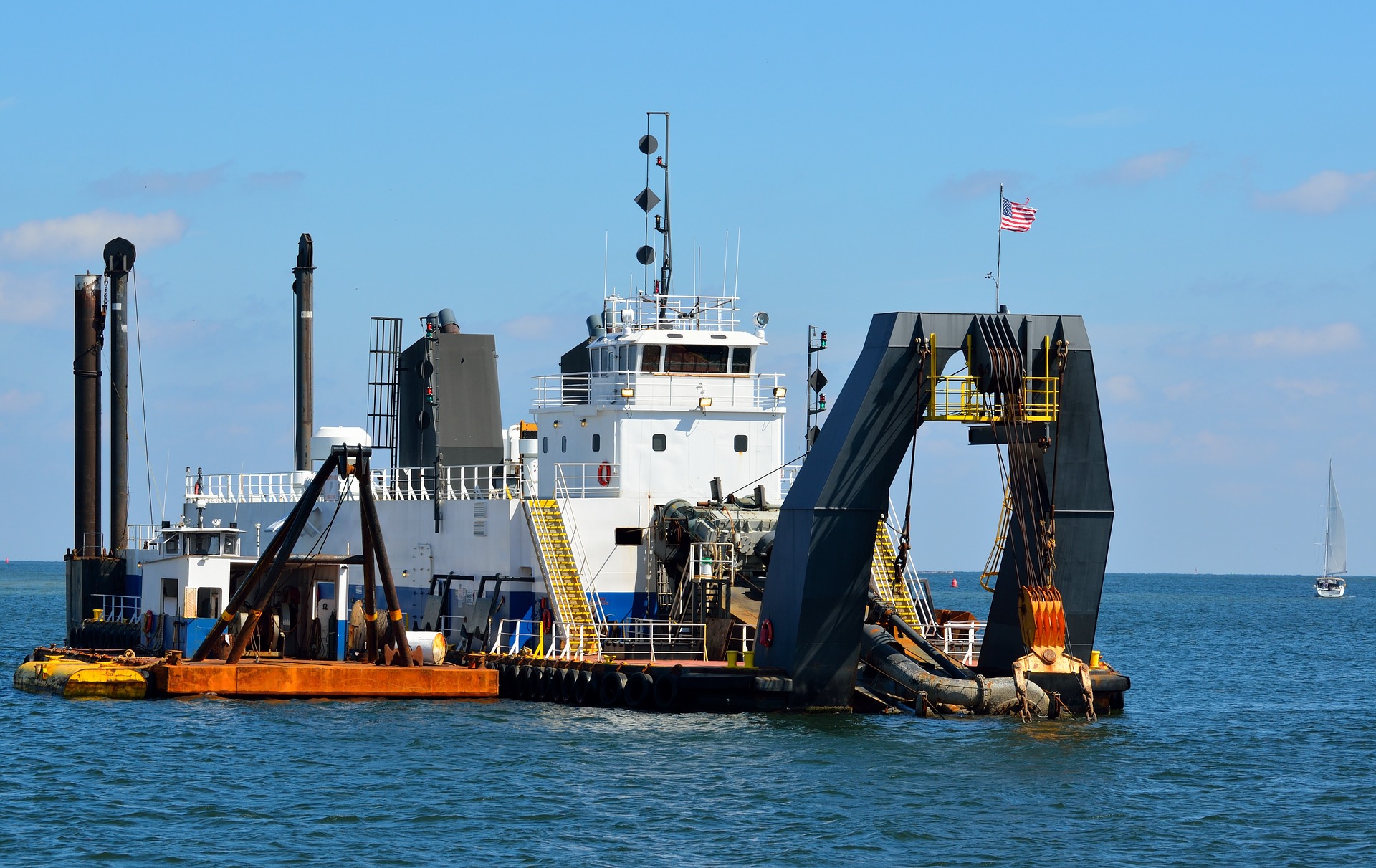Five ways to progress your career as a marine engineer
Marine engineering is an incredibly exciting and rewarding industry.
It’s varied, it enables you to work at the forefront of technology and there’s unbeatable potential to progress. What’s more, demand is rapidly outstripping the availability of qualified engineers – so there are plenty of career opportunities in marine engineering out there.
But if you’re reading this, you probably already know all that! The question is, once you’ve got your foot in the door, how can you progress your career in the marine industry and unlock your potential so you can get to where you want to be? Read on to find out!
The career path of a marine engineer
There is a very clear route of progression for marine engineers.
Newly qualified junior engineers are usually responsible for general maintenance and watchkeeping duties, before progressing to third engineer and then second engineer. Finally, chief engineers have overall control and decision-making powers for the engineering department.
Incorporated and Chartered Marine Engineers ensure that engines and systems work efficiently and develop and deal with new and emerging technology, and there are also engineering technicians who deal with day-to-day engineering and lead specialist teams.
So, with such a clear career path, if you want to make the most of the career opportunities in marine engineering and climb up the career ladder, read on to find out how.
Five ways to progress your marine engineer career:
1. NVQs, advanced apprenticeships and beyond
If you’re currently working as a marine engineer, chances are that you’ve already undertaken the necessary qualifications to kick off your career.
You’ve probably already got your Level 3 NVQ, or perhaps you've completed an apprenticeship in order to reach the position of marine engineer. But what about additional qualifications to enable you to get ahead?
From advanced apprenticeships that can lead to a Level 6 or 7 NVQ to BTEC qualifications, furthering your qualifications can really help to give you a competitive edge.
You could even go on to take a degree accredited by the IMarEST in a relevant subject, such as mechanical engineering, marine technology or ship science.
Ultimately, becoming an Incorporated or Chartered Marine Engineer shows that you have achieved a high level of competence – which can lead to a higher salary and more responsibility.
2. Become professionally registered
Another way to progress your career is by becoming professionally registered. Joining the Institute of Marine Engineering, Science and Technology enables you to become part of the only membership body in the world for marine engineers, scientists and technologists.
You’ll belong to a global group of marine professionals across over 120 countries, which means you can expand your professional network, and you’ll also have access to events and conferences, training courses and professional development programs to keep you at the top of your game.
Different levels of membership are available depending on your amount of experience – find out more here.
3. Continuing professional development
If you want to develop your career as a marine engineer, you need to keep adding to your skill set.
Ideas and technologies change rapidly, so marine engineers should commit to Continuing Professional Development (CPD) to keep their knowledge and skills up to date – and the more you progress your skills, the better your chance of a promotion!
So how do you further your skills? Contract work enables you to work on a range of different equipment so you can develop your skills.
What’s more, as well as expanding your industry specific skills, contract roles enable you to acquire a range of transferable skills through professional development and industry experience, and you can also develop your interpersonal skills in order to land that promotion.
Problem-solving skills, leadership skills, management skills teamwork – these are all essential if you want to get ahead!
4. On the job experience
You can also learn a huge amount on the job – and one of the best ways to boost your experience is by undertaking contact work. Marine contract roles give you an unrivalled opportunity to build your experience.
With overseas contracting, you can grow your experience with each role, which means you can fast-track your career by working on a wide range of machinery with every role.
What’s more, because you can change jobs at the end of your contract, you can strategically choose which roles to undertake in order to expand your knowledge and work experience with different employers quickly.
Finally, contracting also gives you the opportunity to work at the forefront of technology.
5. Talk to the experts
Finally, if you want to maximise your marine career, it makes sense to call in the professionals for some expert help! Working with a specialist recruiter such as M&E Global is a fantastic way to make sure you have access to the best opportunities.
Not only will they have existing relationships with key industry employers, but because they know what their clients want, they will be able to provide inside info to make sure you stand out from the competition. You will also get to hear about the latest jobs before they are advertised online.
Finally, because a specialist recruiter will take the time to get to know you and understand your career goals, they will work together with you to help find roles that are the right fit for your skills that can get you to where you want to be.
How we can help
If you’re in the marine industry and want to progress your career, look no further than M&E for expert advice.
We’ve got more than 20 years of experience in marine engineering recruitment, and since 2016, M&E have provided skilled technicians for marine engineering and marine industry jobs on assignments in support of Foreign Military Sales contracts in Saudi Arabia and Bahrain, providing maintenance personnel to meet scheduled and unscheduled maintenance as well as Material Condition Assessments (MCA) on particular RSNF naval vessels.
So, if you’re ready to take your career to the next level, be sure to contact our team today to find out about career opportunities in marine engineering how we can help you reach your goals. Alternatively, download this guide to find out more about applying for a contract role overseas.

